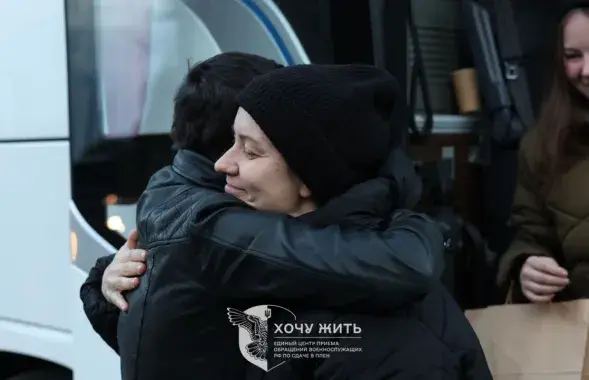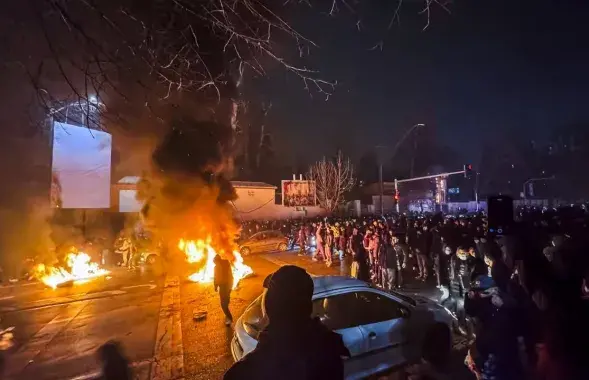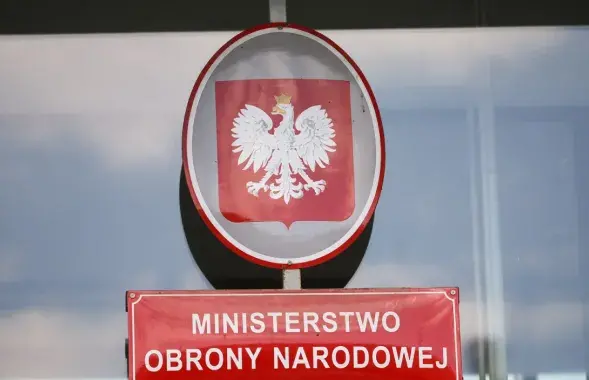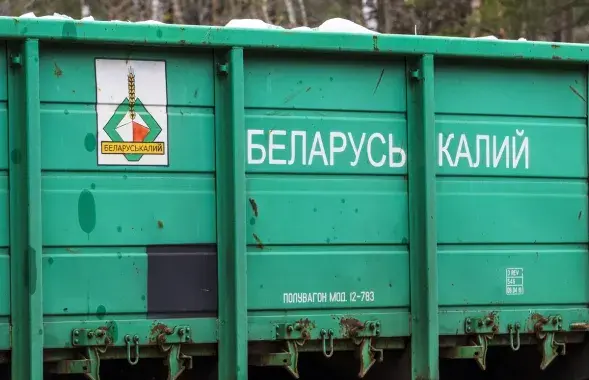Unlikely but promising: an expert opinion on Kellogg’s visit to Belarus
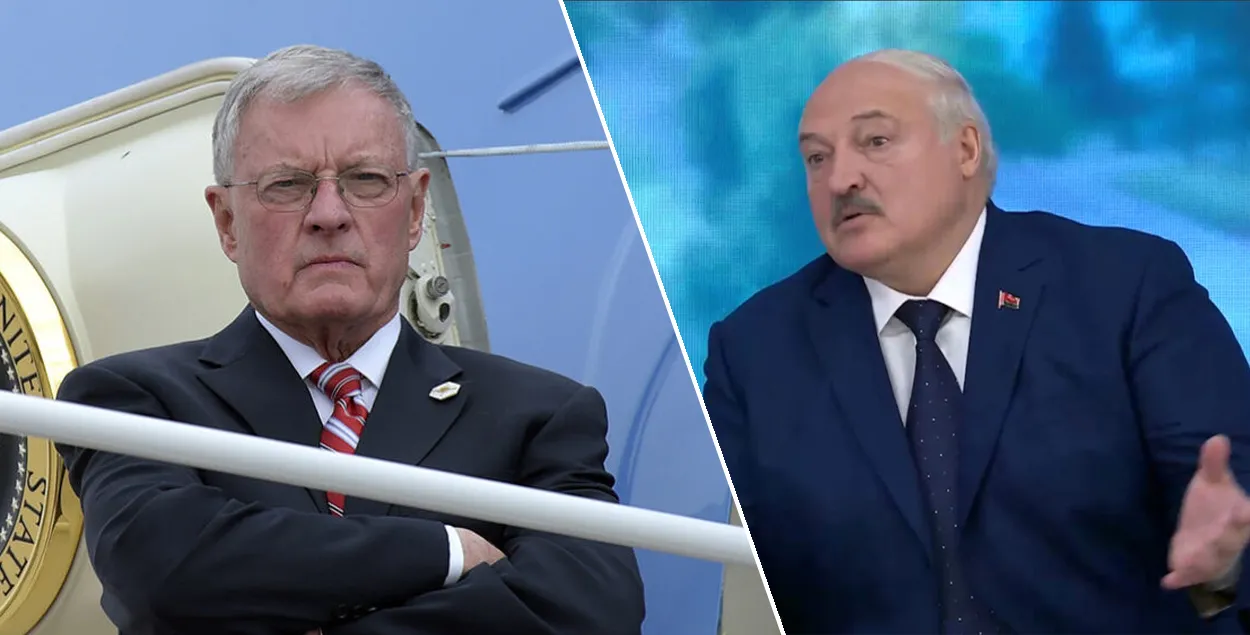
Keith Kellogg and Aliaksandr Lukashenka / euroradio.fm
Keith Kellogg, a representative of U.S. President Donald Trump, may visit Belarus and meet with Lukashenka, Reuters reports. Neither the White House nor the State Department have commented on this information. Anton Penkovski, an expert in American affairs and advisor to the Euro-Atlantic Affairs Agency, shares his opinion on the potential visit and its consequences.
***
The news about a possible visit by Keith Kellogg to Belarus currently seems unlikely, yet it holds promise. Intentional leaks or unofficial disclosures at the planning stage rarely guarantee execution; they merely signal that such a scenario is under consideration. This can serve as a tool to gauge the reaction of interested parties.
Lukashenka’s interest in contacts with the U.S. is obvious - he has publicly articulated it during a meeting with a senior Belarusian diplomat in the U.S., Valiantsin Rybakou.
Nevertheless, even the discussion of Kellogg’s visit to Minsk is already a telling signal. It indicates potential interest from Washington in direct, high-level contact with official Minsk - without intermediaries and in a public setting. Such a move carries considerable risks, as it would interrupt nearly five years of strategic isolation of the regime. However, this approach recalls the stance of Trump’s first administration, from 2017 to 2020, when Belarus was viewed as a distinct foreign policy direction, not merely through the lens of Russia or Ukraine.
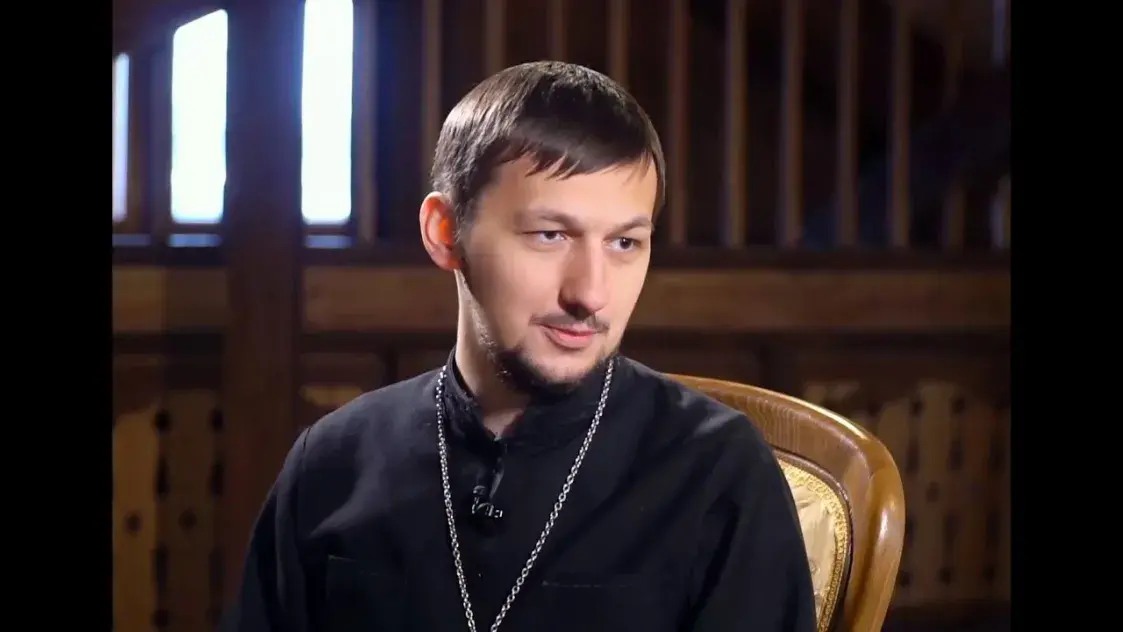
The context of the past six months amplifies the importance of this signal. The efforts of U.S. State Department diplomats, led by Deputy Assistant Secretary Christopher Smith, have already yielded notable results, securing the release of several detainees from Belarusian prisons, including both U.S. and Belarusian citizens.
In turn, Lukashenka’s regime has cautiously demonstrated readiness for small confidence-building steps while seeking to use the very fact of dialogue to assert an image of sovereign policy and gain international legitimacy.
Against this backdrop, Kellogg’s potential visit may not mark the beginning of a dialogue but rather a continuation of ongoing processes—a test of an alternative model of engagement with Lukashenka’s regime, running in parallel with the strategic dialogue between the U.S. and democratic forces. If the visit takes place, it could either be part of a broader escalation strategy or a trial step toward new negotiation formats. In any case, it opens a gateway for rethinking Belarus’s role in U.S. regional policy.
Moreover, the leak about the planned visit brings the entire set of Belarus-related issues back into focus. It can serve as an occasion to speak not only about contact with the regime but also about political prisoners, repression, national security, and the country’s future. For democratic forces, this is a window of opportunity to reiterate their agenda and build engagement with the new U.S. administration.
It must be understood that visits of this level require months of preparation and coordination - not only on the political level but also technically. There is currently no functioning U.S. embassy infrastructure in Minsk that could support such a visit. Even with political will, this presents severe constraints - primarily from the State Department’s Diplomatic Security Service, which assesses risks and defines acceptable travel formats.
It’s also important to consider the personal context. Keith Kellogg is a member of Trump’s foreign policy circle, aligned with the “America First” approach, which prioritizes strategic interests and deal-making. His potential visit should not be seen as a show of sympathy for the Lukashenka regime but as a test of the hypothesis: is it possible to reach an isolated deal with Minsk on something important, bypassing broader geopolitical frameworks? And that’s not necessarily bad news - if the Belarusian agenda begins to resonate again in Washington’s corridors, it’s an opportunity worth seizing.
